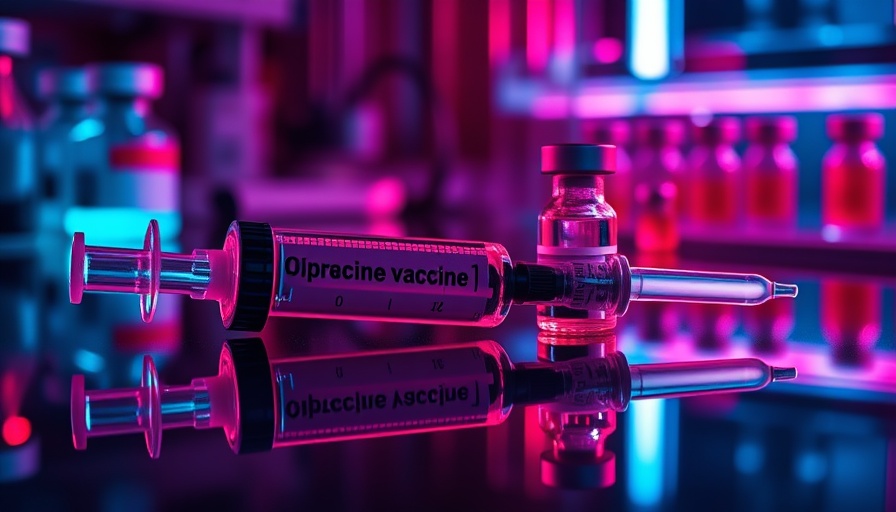
RFK Jr.'s Bold Move Against mRNA Vaccine Funding
In a surprising decision that may reverberate through the health community, Health Secretary Robert F. Kennedy Jr. announced on Tuesday that the U.S. government will no longer fund research on messenger RNA (mRNA) vaccines. This declaration comes from the Biomedical Advanced Research and Development Authority (BARDA), which will also wind down 22 existing grants aimed at mRNA development, citing the ineffectiveness of these vaccines against respiratory infections like COVID-19 and the flu.
The Potential Impact on Vaccine Preparedness
This decision has raised concerns among vaccine experts and pandemic preparedness advocates alike. Richard Bright, a former BARDA director, expressed alarm, stating that discontinuing mRNA vaccine support poses a significant risk to America's capacity to respond swiftly to future health crises. "This isn’t prudent oversight; it’s self-inflicted vulnerability," Bright articulated, emphasizing the potential for lost lives due to delayed vaccine deployment in emergencies.
Understanding the mRNA Technology Debate
Despite Kennedy's claims of mRNA failures, scientific studies provide a contrasting perspective. They highlight the successes of mRNA vaccines, particularly during the COVID-19 pandemic. As countries around the world prioritize strengthening their pandemic response frameworks, the complete halt of funding for this technology may set the U.S. back in vaccine readiness during the next public health threat.
A Call for Reflection on Health Preparedness
This critical moment calls for a deeper analysis of our nation's healthcare investment strategies. The decision made today can dictate how the next pandemic unfolds. As communities continue to recover from the impacts of COVID-19, the importance of maintaining robust vaccine research remains undeniable. Only through sustained funding and support can we ensure that we are not left vulnerable to the next unforeseen health emergency.
 Add Row
Add Row  Add
Add 




Write A Comment